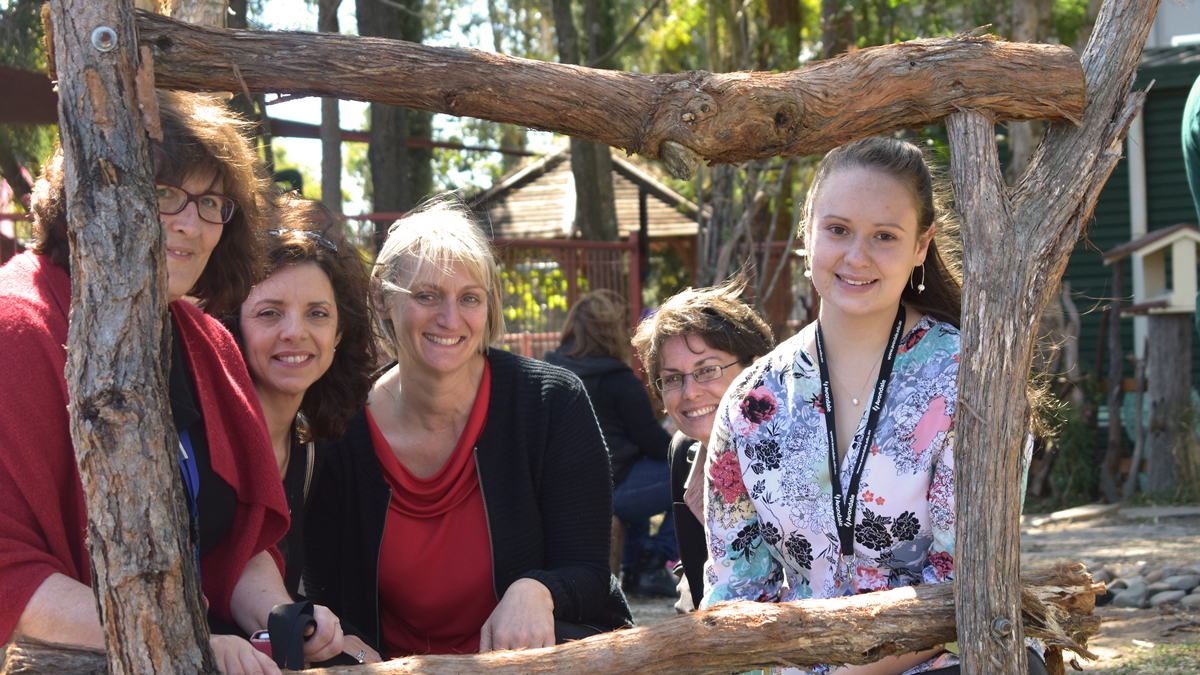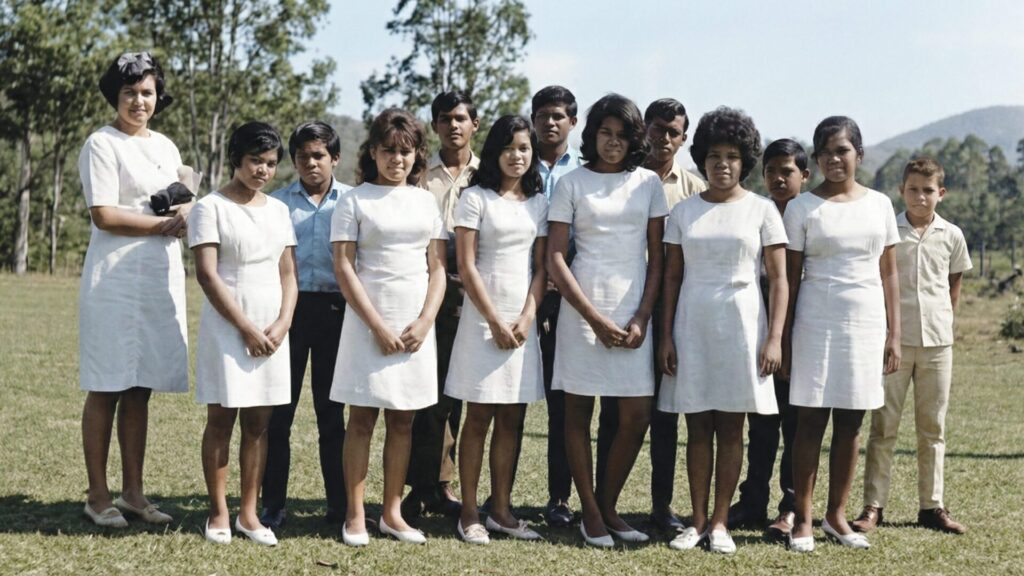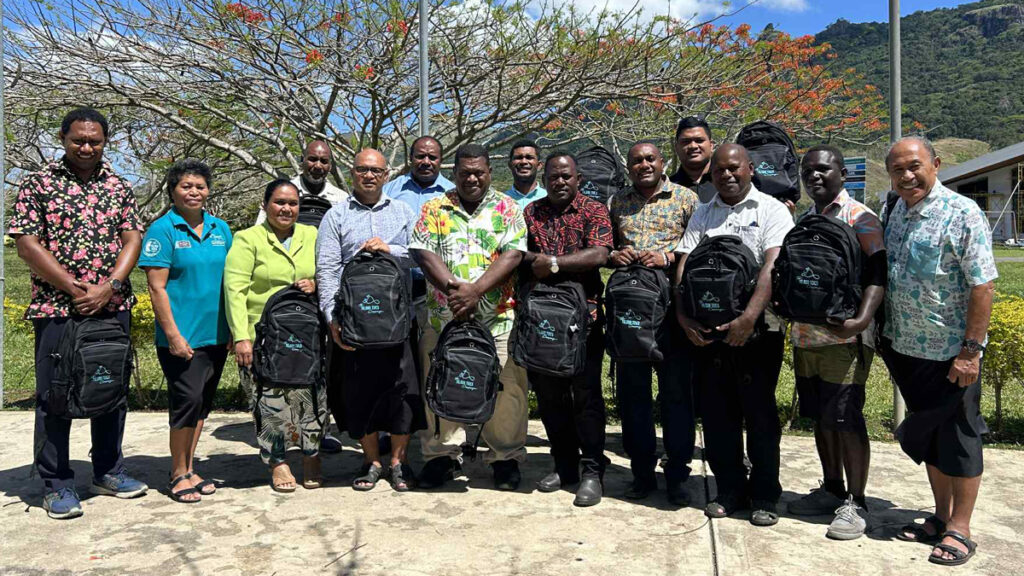Avondale College of Higher Education has helped to establish the first association for Christian early childhood educators in Australia at an inaugural conference organised and hosted by its Discipline of Education.
The inter-denominational Australian Christian Early Childhood Educators Association (ACECEA) will bring academics and practitioners together to network, collaborate on research and promote informed practice. “We recognise a key strength will be unity of purpose,” said Kaye Judge, a lecturer in education (early childhood) at Avondale.
The vote to form the association came on the Friday of the eponymous conference (September 7-9). Ms Judge and colleagues Beverley Christian and Sandra Ludlow used the arts in general and music in particular to build a sense of community among the 40 delegates—and to nurture their creative spirit—before the vote.
Photographer Dr Maurice Ashton, for example, created a slide presentation of birds from the local area as a reminder of “the blessings that deserve our attention and the attention of the children in our care”. Activist Lynette Holschier donated four portraits of children—one of an Aborigine, one of a Pacific islander, one of an African and one of a Syrian refugee—as a reminder of “the diversity of God’s children whom we serve”.
Julie Wylie, director of musical play and senior music specialist at Burwood Hospital’s Champion Centre in Christchurch, New Zealand, introduced delegates to the language of music and presented music-only workshops featuring nothing but singing, sounds and dance. Her keynote, “Help me to sing my song”, featured stories about musical play and its role in helping children with post-traumatic stress disorder.
Kylie Stacey, author of the Playful Worship series of books, demonstrated how to create loving experiences through music.
This focus on the arts—including the use of cards in each workshop venue with biblical messages of encouragement—as a “pre-suasive” technique will be a focus of future conferences.
Ms Judge, Ms Christian and Ms Ludlow introduced at the conference a methodology called communities of practice. They hope this learning as social participation will help maintain a sense of unity of purpose as academics and practitioners “develop and implement pedagogical approaches where love is central to our belonging, being and becoming in community with children and families”.
Four recurring themes—leading, exploring, creating and flourishing—provided not only the framework for the conference but also ideas for communities of practice. [pullquote]
Dr Darren Morton from the Lifestyle Research Centre at Avondale presented a seven-step wellbeing plan for early childhood leaders. Counsellor Kristin Thompson encouraged delegates to be the hands of Jesus by recognising their work as fulfilling His command to provide food for the hungry, water for the thirsty and hospitality to those “imprisoned” behind the gates of children’s services. “The question, ‘What does it really mean to feed a child?’ challenged us,” said Ms Judge. “Do we give children our full attention in the moment of feeding? Do we feed them with our hearts, our minds and our state of being present in each moment with them?”
Other presenters addressed leadership culture and how nature speaks God’s language to children. One demonstrated how to use children’s voices to share biblical stories.
Two Avondale students presented workshops based on their experience in early childhood centres: Rachel Dunleavy addressed the needs of foster children and their families and Elna Hale education for sustainability and Christianity.
A Portraits of Practice strand in workshops and tours gave delegates firsthand and hands-on experience—they participated in spiritual weaving and visited the Avondale, Macquarie College and St Brendan’s Lake Munmorah Early Learning Centres and the Narnia Christian Preschool and Early Childhood Centre at St Philip’s Christian College in Newcastle.
A Middle Eastern-themed agape feast with a reader’s theatre demonstrated the power of ritual and sacrament for reflection and connection. And morning and afternoon teas—or pedagogical cafes—encouraged delegates to share their love of children and of the early childhood education in “planned and unplanned creative collisions”.
The conference ended with a high tea that also served as a commissioning for the delegates.
Ms Judge received a message of support from the national coordinator of ACECEA’s sister association, Christian Early Childhood Educators Association of Aotearoa. “May you grow in wisdom and in numbers, and may you have a clear sense of where God is leading and what He is requiring of you all as an organisation,” wrote Thelma Chapman.
Papers presented at the conference will appear next year in TEACH Collection of Christian Education, a supplement to TEACH Journal of Christian Education, published by Avondale Academic Press.
ACECEA will appoint officers, including a national coordinator, by the end of this year.
Join the ACECEA community on Facebook at www.facebook.com/acecea.childcare.






